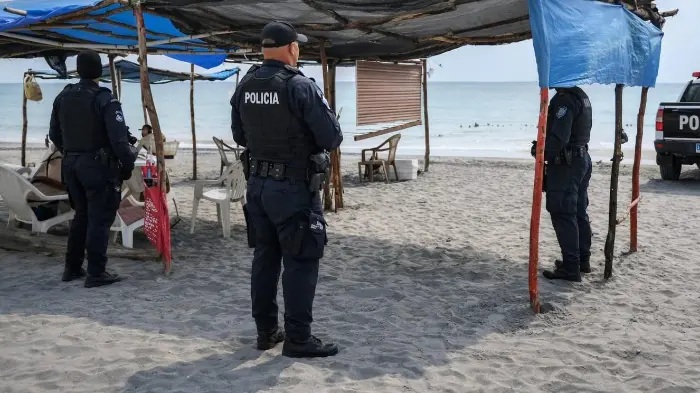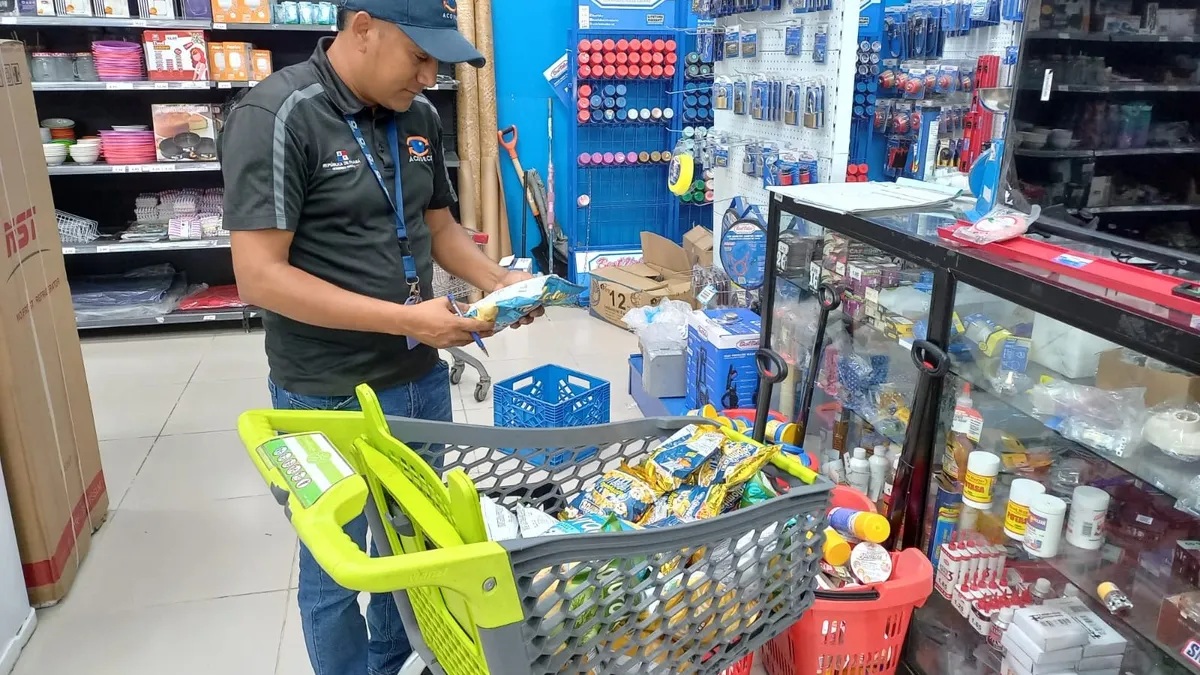Azuero classes resume but water emergency continues

CLASSES will resume in public and private schools and universities in the Azuero region on Monday July 7. They were suspended due to atrazine contamination with in the rLa Villa river, leading to the declaration of a state of emergency, and the cosing of schools.
Warnings went out to 150,000 residents to refrain from using water for drinking, cooking or bathing
President, Juan Carlos Varela, said on Saturday, July 5, that by Sunday bottled water would be distributed to all schools and universities in all 14 Azuero districts. Some 36,000 students, teachers and administrative staff will be supplied.
He said that, to date, the government has invested about $ 500,000 in theemergency and emphasized that all necessary resources will be allocated to support the Azuero region in the crisis.
Varela said that two days ago he ordered the purchase of 50,000 cases of bottled water, buthe has already issued instructions to the Deputy Minister of Public Security, Raúl Donadío, for 50,000 additional boxes to be purchased. Tthe President said he will have to review all agricultural practices carried out in the basin of the La Villa river as well as aquality control review of the purification of water in Chitre and Los Santos.
The decision to resume classes was taken after a meeting between the entities in the Intersectoral work group , recently appointed by President Varela to monitor the crisis caused in the provinces of Herrera and Los Santos, as a result of the water pollution.
At the same meeting it was also determined that there were no registered health cases related to the river pollution in humans or in animal cases. Moreover, the level of atrazine is decreasing, but still remains outside an acceptable value reports La Prensa
For this reason the residents of the affected areas are advised not to use tap water for drinking or food preparation, personal hygiene, household and bathing children under two years.
Meanwhile, the Ministry of Health suspended from the the use of atrazine in the La Villa basin
At the same time, the Ministry of Agriculture will discuss measures to mitigate the effects in the basin. The Institute of Aqueducts and Sewers will carry out daily monitoring to check the levels of atrazine in water produced by the institution and the basin level will be checked on a weekly basis by the National Environmental Authority.





